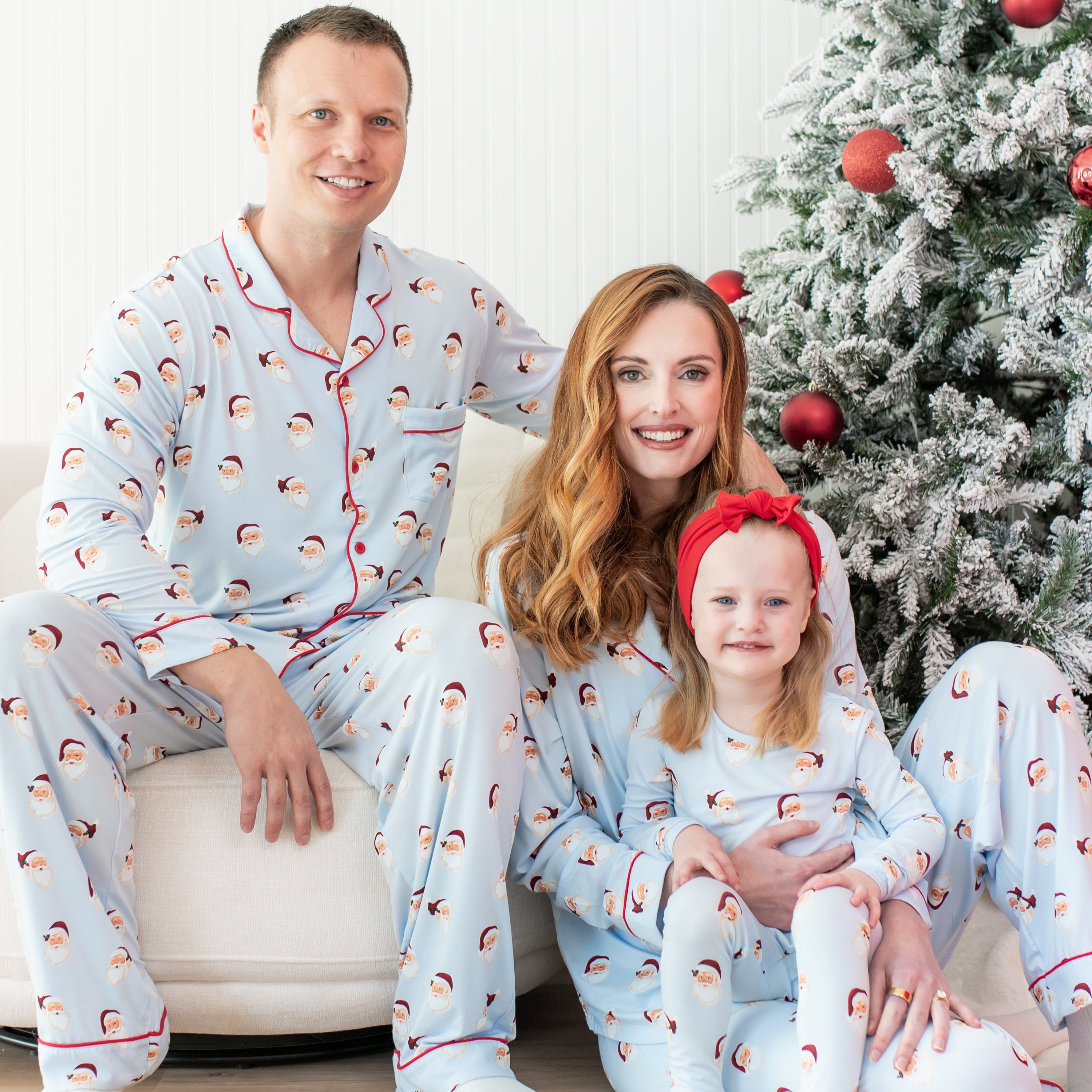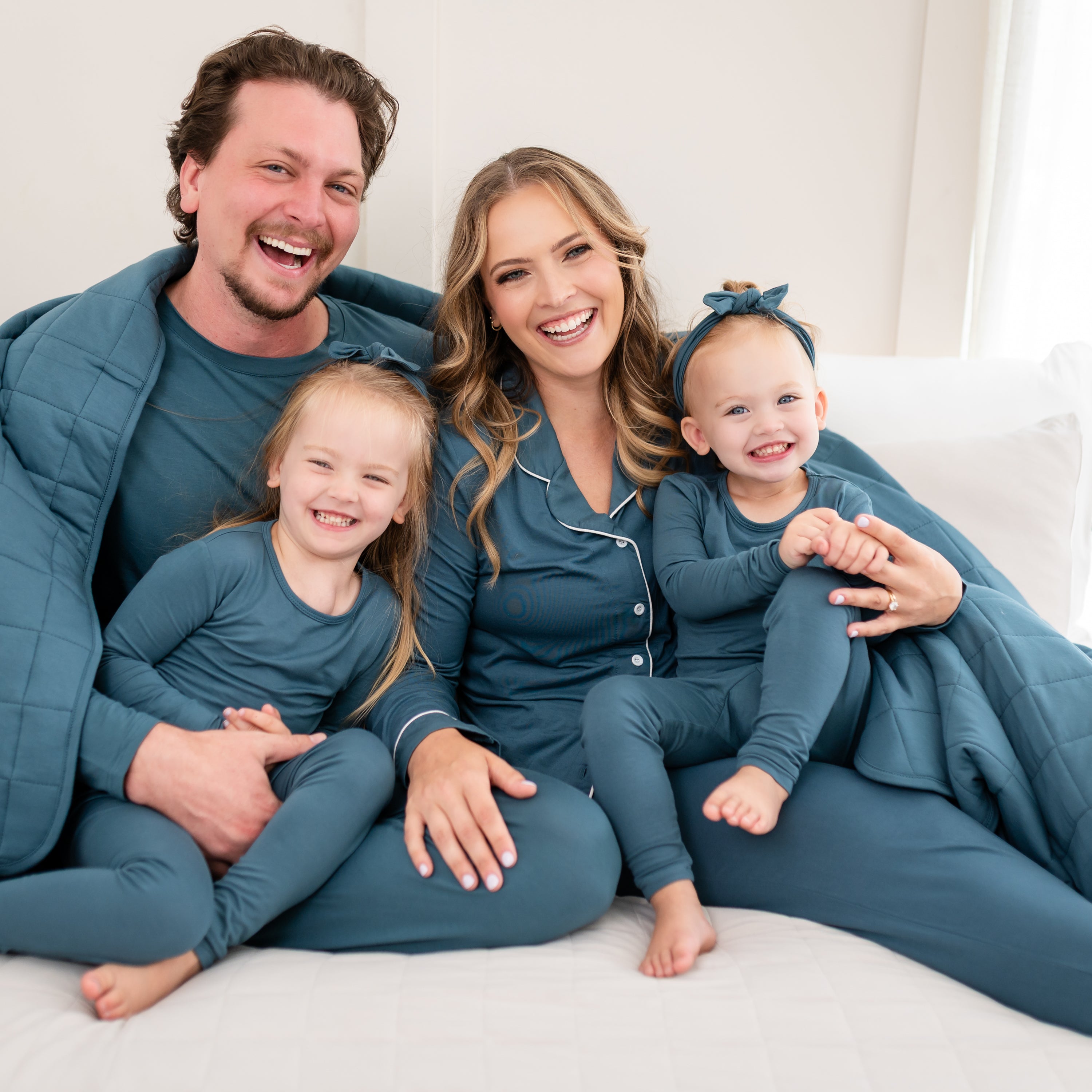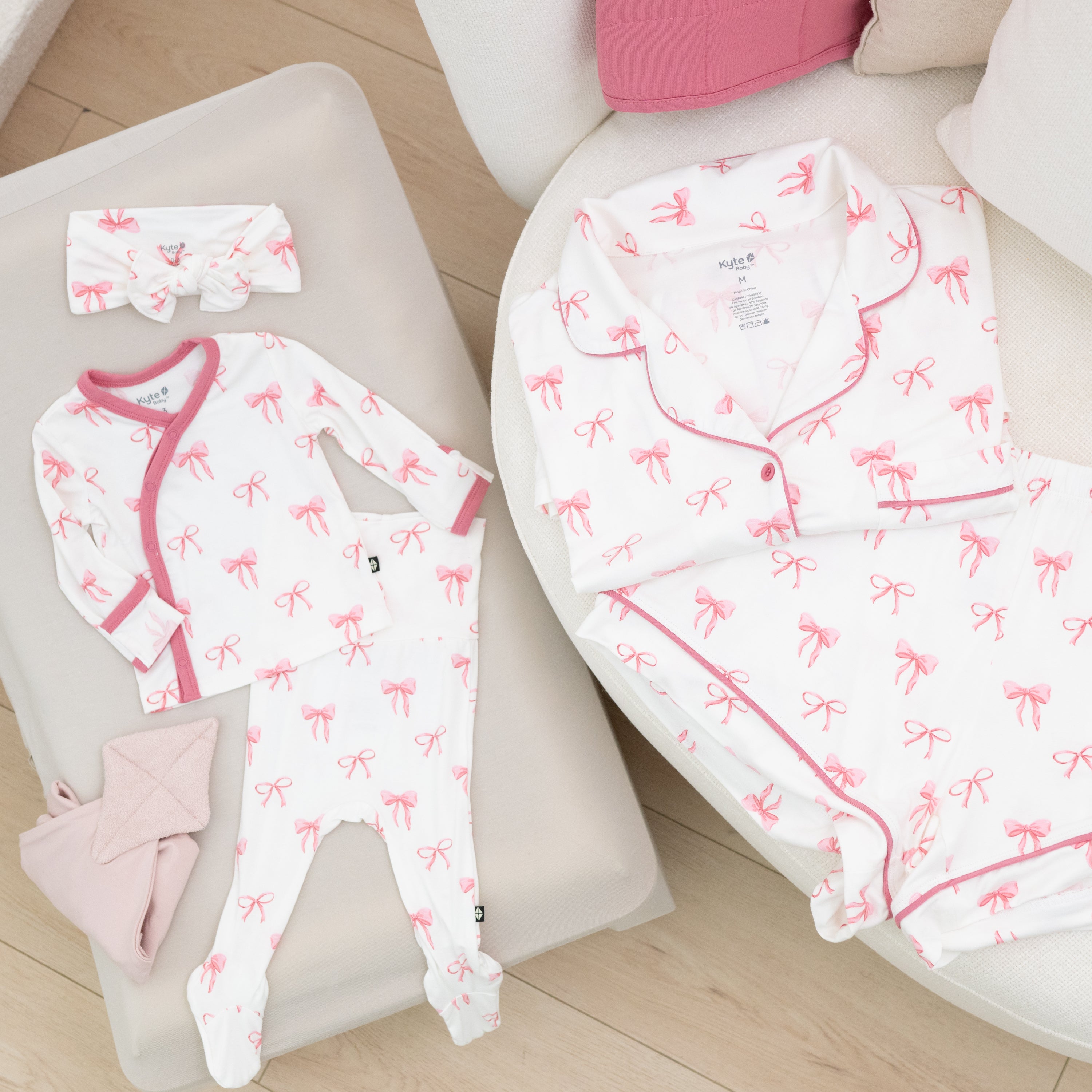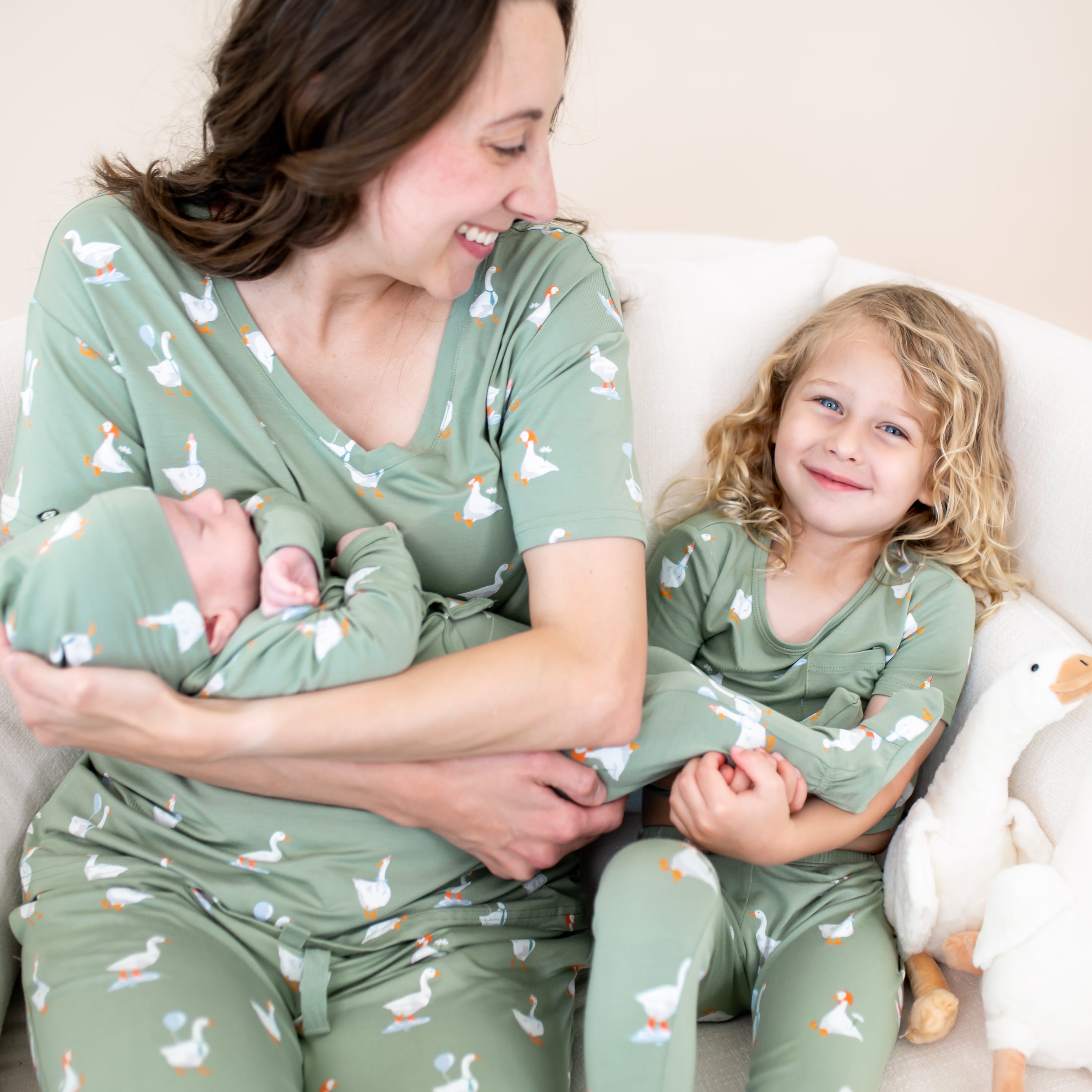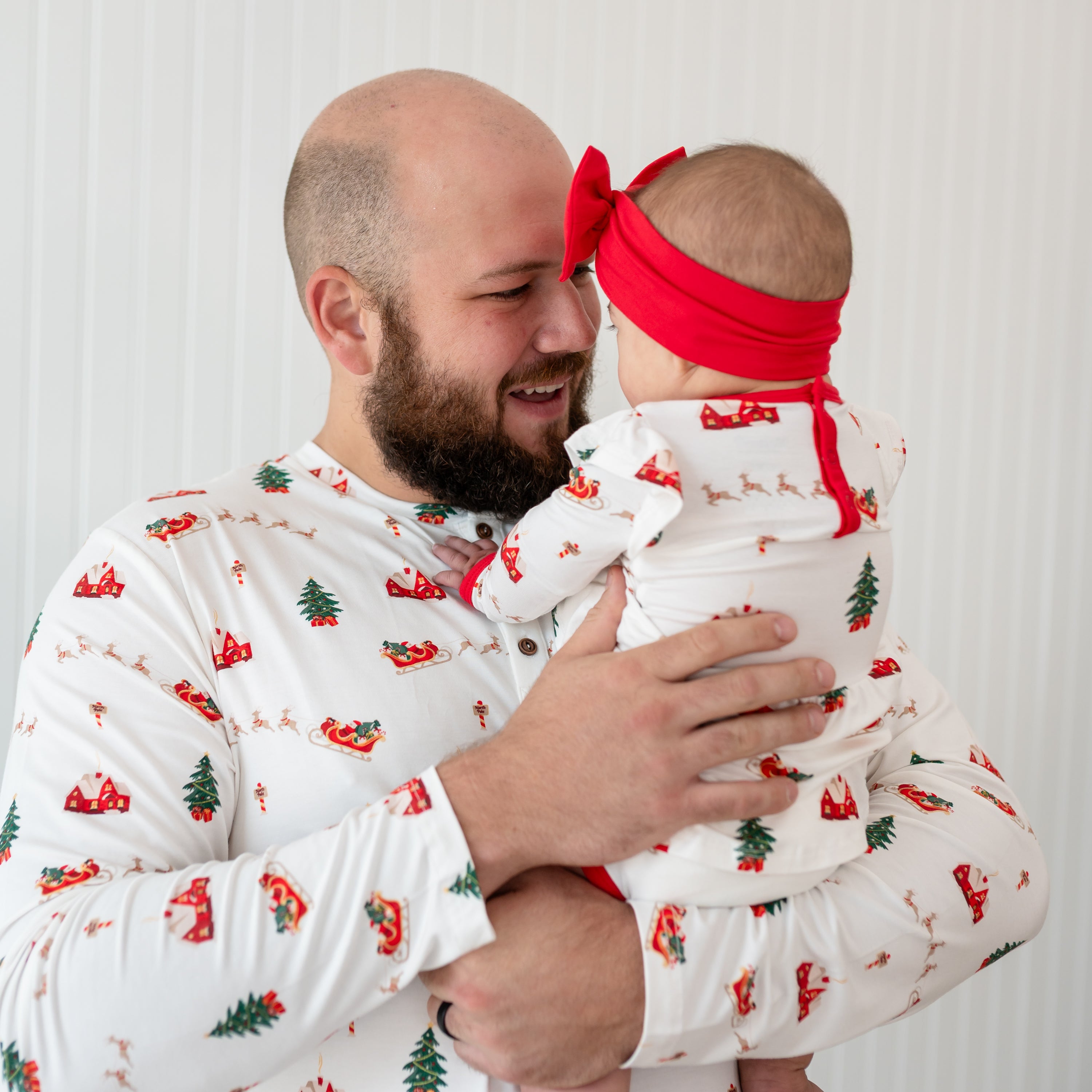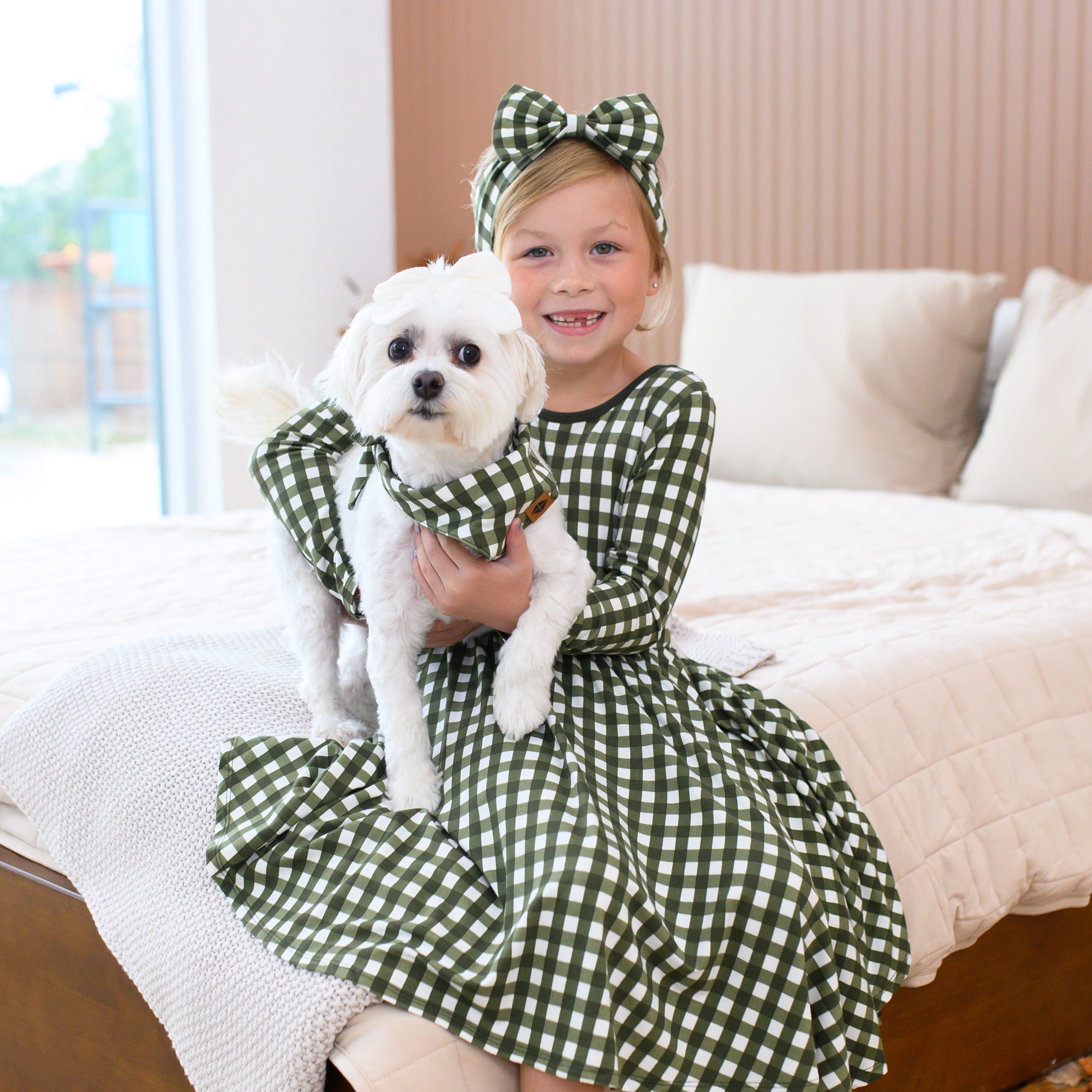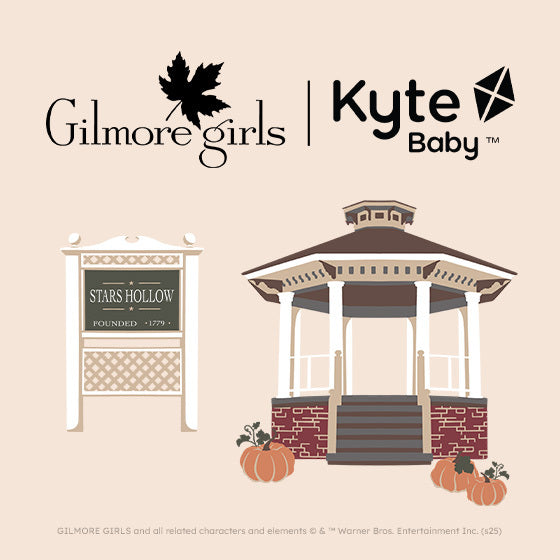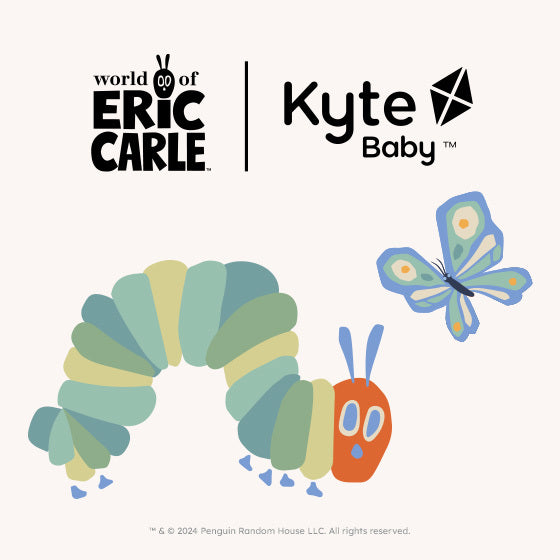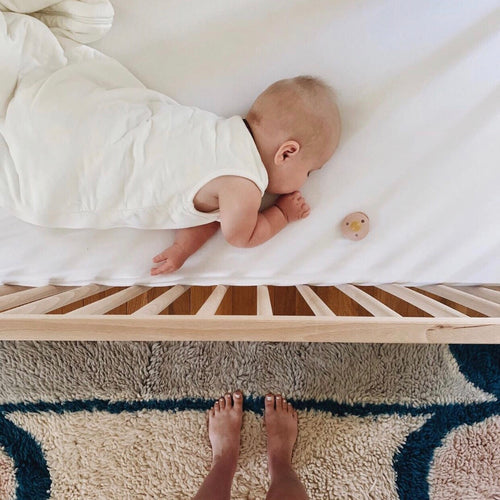Perhaps you have just found out you will be having newborn twins in a few short months or you have newborn twins and are still a little unsure about everything that goes along with parenting twins. No matter where you are in your newborn twin journey, this blog may give you some insight in areas you may not feel familiar with!
While pregnant with multiples, you may have been filled with anxiety about all of the unknowns, any financial strain, a potential NICU stay or pre-term labor.
It may feel like double the stress, but it is mostly double the love, hugs and cuddles with a built in best friend for life.
This blog will cover things like:
- Gifts for newborn twins + newborn twins gear
- What do I need for newborn twins
- How to take care of newborn twins
- Newborn twins sleeping arrangements (should twin babies sleep together?)
- Newborn twins baby care
….plus lots of other fun newborn twin things!
Let’s talk about gifts for newborn twins, newborn twins gear, and whatever else you may need for newborn twins!

We will start with the basic necessities for all babies, just double up for twins!
Diapers and wipes are always a good place to start. Make sure to check in with mom regarding any diaper preferences, sizes they may need more than others, or if they are deciding to cloth diaper.
Consider buying small packages of diapers instead of large packages in case they need to return for the size up or in case they only need that size for a short period of time.
Bottles, breastfeeding gear, pumping gear, and a twin breastfeeding pillow (because it can be used for bottle feeding as well-- my breast friend makes one and a few other brands as well). Nursing pads, nipple cream, breastmilk storage bags, bottle brush, and things for future use like high chairs, bowls and spoons!
Swaddles or swaddling blankets-- this is so helpful in soothing a fussy baby. The best way to swaddle a baby can be found in this blog. It mimics the womb feeling and keeps them cozy.
Swaddle blankets also double as a floor time area as a comfortable place for baby to hang out during awake time!
When you plan to leave the house with newborn twins, you will want something to carry all their gear in, so make sure you get a diaper bag that will hold up well and has all the features that are important to you!
Pacifiers are also beneficial to have on hand if you are having trouble soothing both babies at once. They are also helpful in reducing the risk of SIDS.
Let’s talk about clothes and how many of each thing you may need:
- Homecoming outfit (one for each, of course, and consider premie size)
- Gowns/Bundlers (6-8 of each)
- Bodysuits (10-14)
- Pajamas (6-8/per baby)
- Sleep sacks (2-3/per baby-- this blog discusses what a sleep sack is and why it is helpful to use one)
- Socks (4-6 pair/per baby)
- Mittens (4-6 pair/per baby)
- Hats (2-4 for each baby)
- Bibs
Bath time! What all do you need to bathe newborn twins.
- Baby bath tub (optional, but could be nice to have to keep them warm)
- Washcloths
- Hooded towels
- Bath water thermometer (it can be difficult to judge if it is warm enough, it is recommended to be 100deg F!)
- Baby wash/shampoo
- Bath toys
- Nail clippers or nail filer
- Lotion
- Diaper rash cream and a barrier cream
What about their room/where they will be sleeping?
- 2 cribs + crib mattresses
- Fitted crib sheets (6-8)
- Sheet savers/mattress protectors
- Pack n play/portable cribs if you plan to travel or have them sleep elsewhere
- Portable crib sheets
- Changing table/changing pads/changing pad covers (you can also just use the floor)
- Dresser + hangers
- White noise machine
- Diaper pail (optional)
- Rocking chair
- Video/audio monitors
Other necessities:
- 2 car seats with base (you can buy extra bases for other vehicles)
- Newborn twins stroller
- First aid kit (thermometer, nose frida, medicine for future use)
Please note that you may not need to double up on everything! One may like the bouncer and hate the swing, and vice versa. Keep the baby footprint in your house small by limiting all the baby gear.
How to take care of newborn twins and newborn twins sleeping arrangements
Here are some easy to implement things to help you in caring for your newborn twins, especially if you are outnumbered!
Syncing their schedule is pretty important. Otherwise, you will get burned out very quickly. Not having them on the same feeding/sleeping schedule means you will constantly be feeding a baby, having one ready to sleep and one waking up.
The best way to do this is when one wakes to eat, wake the other one to feed as well, give or take 15 minutes.
If you are wondering how to get baby on a sleep schedule, you can find a lot of options for the first year in that link!
Maybe you are considering sleep training and want to know if you can sleep train a 1 month old-- the answer is not exactly in the traditional sense, but you can improve sleep!
If you are super exhausted though, this blog may help you figure out how to get your baby to sleep longer at night.
Just when you have sleep sort of figured out, chances are those babies will go through some sort of baby sleep regression. Arm yourself with education about baby sleep regression ages!
If you are wondering should twin babies sleep together, and while you may be tempted to separate your babies during sleep, if the ultimate goal is for them to share a room for the foreseeable future, then keep them together.
They need to learn to sleep through each other’s little noises! Then they will be able to sleep through anything.
The only time I suggest separating them is if it is really interfering with naps, but should be temporary, not permanent.
But disclaimer, they should still have their own separate sleep space for safety. When we look at the AAP’s stance on safe sleep, the policy says that it is unsafe for babies to sleep in bed with a parent, but doesn’t address the risk of SIDS when infants sleep with a twin or other siblings.
Other studies show that the risk of SIDS may be higher when babies sleep with other children, but no study has been done to show whether it is safe to let twins sleep together.
There are several studies available that show multiples who are co-bedded seem to sleep better, gain weight better, have fewer episodes of apnea and bradycardia, and (as long as they’re about the same size), keep each other warm. No studies have looked at co-bedding twins at home though.
While those benefits may continue at home, the risk is higher when they are not being monitored as closely like in a NICU setting.
If this is something you choose to do, then be sure to keep the sleep space bare, place them on their backs, and use pacifiers for sleep!
Newborn twins baby care

Some prep work before the babies arrive can definitely help with newborn twins baby care!
After you’ve stocked the nursery, found a pediatrician, then it is time to prep your house from bringing home two babies.
Organize your home with multiple changing stations, especially if you have more than one story. Keep it stocked with extra diapers, wipes, clothes, diaper/barrier creams, and little toys you can use to keep wiggly babies occupied during changes.
Have multiple feeding stations as well so you only have to tote the feeding pillow from place to place. I would suggest stocking these stations with extra nipple cream, nipple pads, snacks, water, phone charger, and burp cloths.
You are probably wondering, “how do you manage newborn twins?!” And the answer is: never turn down offers for help! Take well-meaning friends and family up on their offers to help or if you do not have anyone close, consider a nanny for a few hours each day while you settle into taking care of newborn twins.
You may also want to set up a play pen in the area where you will be spending most of your time so that you have a safe space to place one baby while tending to the other baby.
If you do decide to breastfeed your newborn twins, even part of the time, then getting set up with a lactation consultant early on can be a game changer for your breastfeeding journey!
They can help you with positioning, special holds for twins, and any other concerns you may have about breastfeeding multiples.
Consider using an app to track feedings, sleep, and diaper output/changes. That way, in your sleep deprived haze, you do not have to remember who just got fed, how much, when they should sleep, etc!
If you have heard of the witching hour, you can imagine it may be even harder with two babies at the same time! For baby witching hour tips, check out that blog!
Other fun things about newborn twins

What if you cannot tell them apart?! Some tips to handle this would be:
- Leave their hospital bracelets on until you know for sure who is who
- Paint one of their toenails
- Look for a birthmark the other may not have
- Keep one in the same color and the other in their own color
What is the average weight of newborn twins?
About half of twin pregnancies are born before 37 weeks and 10% are born before 32 weeks. This is because pregnancies with multiples are at a higher risk of pre-term labor, premature rupture of membranes, pre-eclampsia, and placental dysfunction.
The average weight of newborn twins is about 5.5lbs, but one is typically a few ounces bigger than the other!
What happens to newborn baby twins?
About 40% of newborn baby twins will need special, postnatal care in the NICU. Some for just feeding and growing, others for help breathing, or any other condition they may have developed in the womb.
Do newborn twins know each other?

A study suggests that the propensity for social interactions exists in the womb. Twins begin interacting as early as the 14th week of gestation.
The scientists found that fetuses begin reaching toward their neighbors by the 14th week of gestation. Over the following weeks they reduced the number of movements toward themselves and instead reached more frequently toward their counterparts.
By the 18th week they spent more time contacting their partners than themselves or the walls of the uterus. Almost 30 percent of their movements were directed toward their prenatal companions. These movements, such as stroking the head or back, lasted longer and were more accurate than self-directed actions, such as touching their own eyes or mouth.
Join a twin support group in your area.
Multiples of America is a great place to get started. Multiples of America (also known as the National Organization of Mothers of Twins Clubs, Inc.) is a support group for parents of multiples and a national network for local clubs for the basic purpose of research, education, and support of multiple birth children and their families.
Ways to prep for a NICU stay since the likelihood is higher with twin pregnancies:
- Pack your hospital bag. Socks, baby mittens (because they could have extra wires/tubs) personalized blankets that smell like home, and a comfort item (binky, etc.). Pack stuff for you and your partner. Comfy clothes, snacks, fuzzy socks, pillows, a breast pump (but the hospital may provide one), extra chargers, etc. Other things to consider in your hospital bag/NICU packing list: notepad and pen, insulated cup with a lid and straw, nursing pillows, robe for skin to skin, nursing cover if you are pumping in the NICU and want to cover, nipple cream, spare change of clothes, basic toiletries, lotion to do massage for your baby (read about infant massage benefits), high contrast books for babies, baby clothes and laundry bag.
- Arrange for childcare for older siblings if that applies and take shifts at the hospital if you can. Not much sleep happens in hospitals so taking shifts lets you all catch up!
- Figure out the Ronald McDonald house! The charity and all of its amenities are FREE to use for families with children staying in the NICU, and they usually have a location right on the children's hospital campus.
- Become an active participant in your baby’s care as soon as possible! “At first, your baby may be extremely fragile and unable to tolerate much interaction. That doesn’t mean you should stay detached; you may be able to gently touch him with your hand or finger. If touch isn’t possible, your baby can hear you speak or sing to him. Nurses can teach you how to perform the “cares”, which involved swabbing the baby’s mouth, changing diapers, checking body temperature, and moving their pulse ox (oxygen monitor) from one foot to the other every three hours. Being able to do even these small things can help you bond with your baby and make him feel like yours.”
- Ask all the questions you need, don’t be afraid and bond with the staff; you will typically have the same nurse as often as possible for continuity of care. Get to know them, they are there to advocate for you and your baby.
- Remember to take time for yourselves and do other things that are more than just shower, sleep, visit your babies and repeat. Taking time away is important for your mental and emotional health.
- Find out who your social worker is and use them! They are a wealth of knowledge about resources you may need. NICU life can be stressful, and social workers can help alleviate some of that stress for you.
- Find out the visiting policy for your NICU and welcome any one who may be able to come! This can brighten your day.
- Take a lot of pictures documenting your stay in the NICU so you can see how far your babies have come!
- Find someone who can relate or befriend another NICU parent! Many hospitals employ child life specialists who help families connect through group meetings and activities. Just like with any trying experience, knowing you aren’t alone is always a good thing.
- Bring things from home that you can use to personalize their little space in the NICU; this is good for your morale-- to give you something to look at that is not just “hospital” stuff.
Some other ways to take care of yourself while having babies in the NICU include:

- Eat and stay hydrated
- Take advantage of any extra rest the NICU gets you-- someone else is caring for your baby around the clock to meet their medical needs. It is okay if you sleep in a bed and that you are not holding a bedside vigil.
- Accept any offer for help
- Take advantage of any education offered for NICU parents
What about coming home after a stay in the NICU? Most babies will have to pass a car seat test where their oxygen is monitored for an certain amount of time to make sure it is safe for them to leave.
You may have a lot of anxiety and worry once your babies are no longer monitored 24/7. This is totally normal! Remember that a whole team of doctors have to release your little one to go home, so a whole team of doctors have said it is okay for your baby to be home with you. Trust them!
But also, trust your mom gut and your instincts will tell you if something is off. A different cry or crying excessively, fever, etc.
How do you stay rested with newborn twins at home?
Learn to let things go. You can be productive later; catch any sort of daytime nap that you can when your babies are also sleeping! If your babies won’t nap more than 30 minutes, see if you can troubleshoot to get longer stretches of daytime sleep.
Take shifts with someone, your partner or a night nanny.
Streamline your routines, prep things as much as you can ahead of time, and keep everything nearby.
Bedtime routines are so incredibly important! All of the benefits of having a baby bedtime routine are in linked and putting in the work now to have that routine will pay off a million times over.
Newborn twin takeaways
Congratulations on your double blessing! It is a shock for so many, especially if they are conceived naturally with no history of twins in the family.
Remember that you are the parents chosen for your baby. No matter how well you prep and plan, things may go a little off track, but you will learn your babies needs and meet them where they are at!
You will likely have many doctors appointments, meet with specialists, and probably will not carry twins for a full 40 weeks since twins are considered full term at 37 weeks. Plan accordingly for an early delivery!
Rest easy, take care of yourself, eat plenty of calories (especially protein), take your vitamins (especially iron and folate), prop your feet, and at the risk of being redundant: accept any and every offer for help!
The exhaustion will pass, it is only a short season. You will find your groove and settle into life with newborn twins!
AUTHOR: Ashley Olson is a certified paediatric sleep consultant, owner of Heaven Sent Sleep, and passionate about helping new parents, experienced parents, desperate and sleep-deprived parents form healthy sleep habits for their children.
She has over 3 years of experience in working with families and has completed over 150 hours of coursework plus continuing education related to infant and toddler sleep. The focus of her work is on fostering a routine that grows your bond with your child while improving their sleep habits. She specializes in custom sleep plans and one on one support in changing sleep practices!












